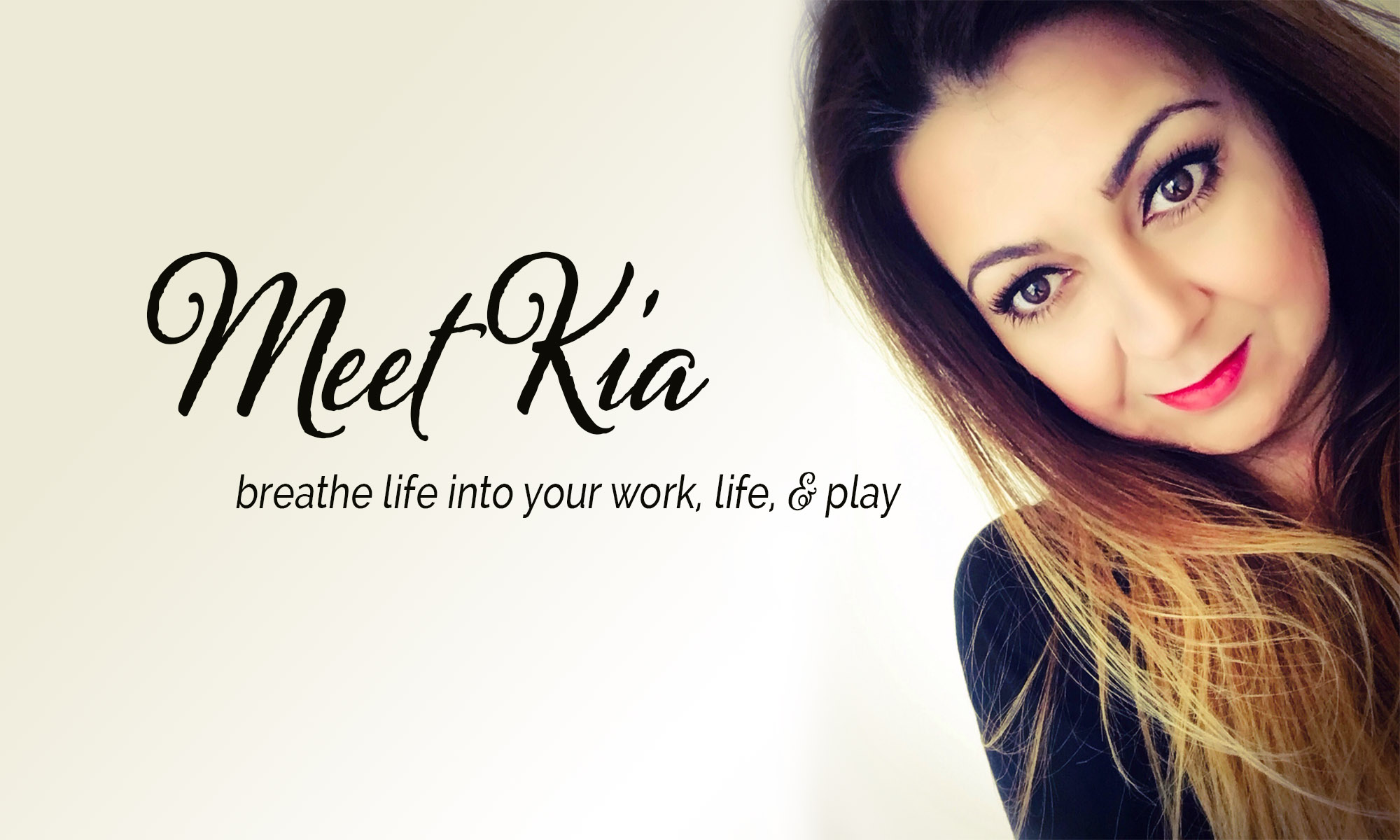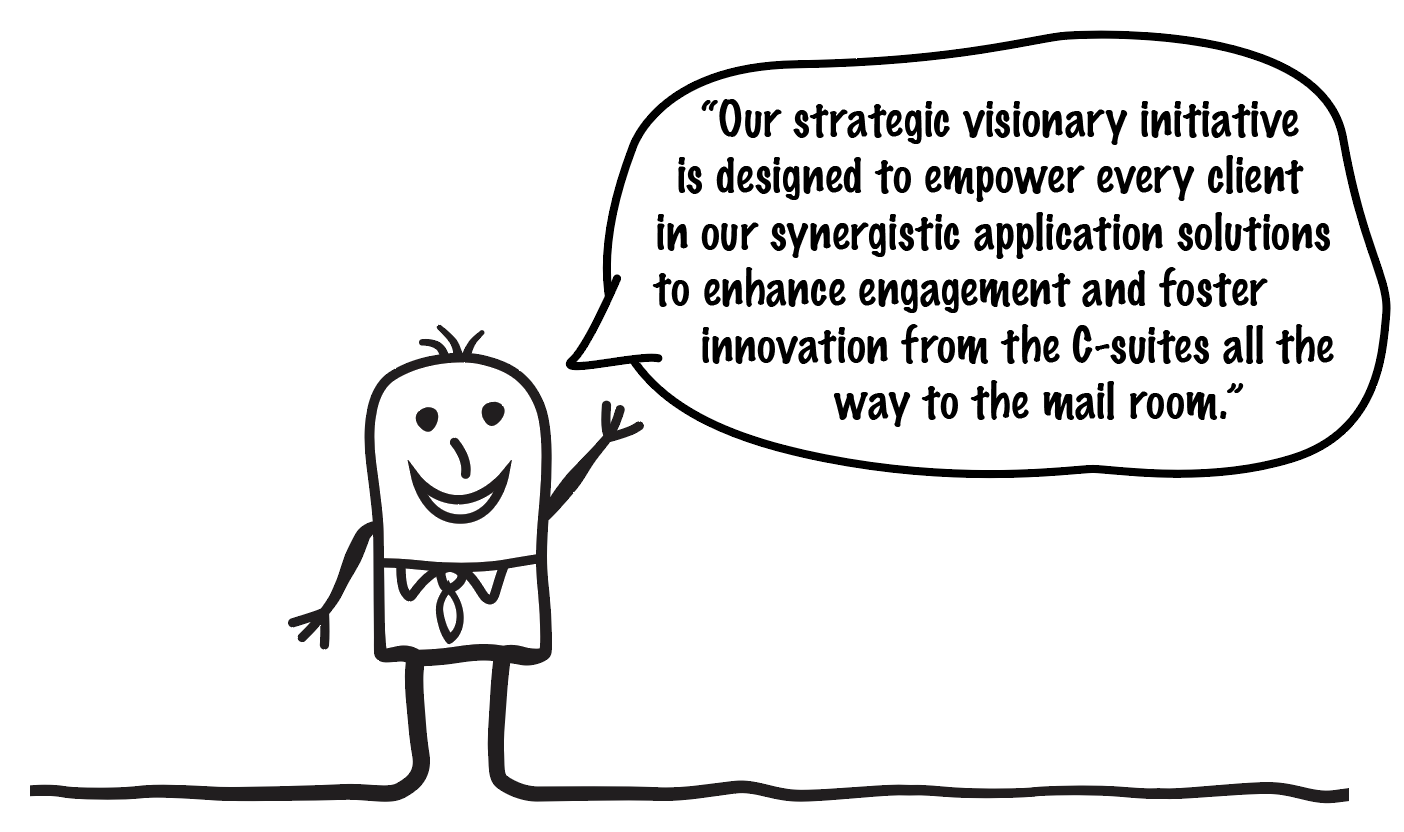I’m overwhelmed by how many people reached out in response to my article series about Burnout. Some shared they’re going through a similar phase. Some have been inspired to refocus their priorities. One reader was surprised that I would share such personal stuff.
It just goes to show that despite all the fun, exciting, and perfect lives we see on social media, everyone struggles with life. Everyone.
I’ve often said the entrepreneurial experience (and just life in general) is like this: fail, fail, SUCCESS, fail, fail, fail, SUCCESS, fail, SUCC.., oh wait, no…fail…
Successful people are successful not because they rarely fail (they fail often!). They are successful because they don’t stay down.
More than that, the high of success only carries us so far. Unless we have a deeper, more meaningful purpose behind the day-to-day of our work, picking ourselves back up and shaking off the dust becomes harder and harder.
In his book, Start With Why, Simon Sinek describes the difference between being successful and feeling successful. That difference lies in the connection between what you do versus why you do it.
In other words, making money, climbing the ladder, and having all the stuff of success for the sake of success can leave you feeling miserable and empty inside.
Even if you’re just working to make ends meet every month, without a bigger vision you will hit the same wall.
Burnout and disillusionment are inevitable when you don’t have a bigger purpose behind all of your efforts and achievements.
In my last post, I asked you to ponder this question:
If you could be free from the day-to-day of the work that you are currently doing (and there was zero loss of quality in your work, relationships, and finances), what would you do with your time?
Here is how I answered it:
1 Inspire and be a positive influence in the life of everyone I come in contact with.
How would I accomplish this NOW?
Through coaching/consulting with current clients.
Through church ministry.
Through volunteering at kids’ school.
Through focused time with my family.
Through media [newsletter, blogging, video, email].
Through a successful business that supports employees, clients, and vendors who believe in our purpose.
The answer to that question should’ve helped you uncover your value goals. Here are other important value/life goals I uncovered, which require a financial engine (i.e. a source of income):
2 Buy a second home
3 Keep my kids in private school
4 Freedom and autonomy in how I spend my time
I was surprised to discover that I didn’t need to change much to accomplish my first value goal. What I needed was to focus and plan better.
For the other value goals, I saw how money was just a tool, and not a goal. It can make it easier to meet our value goals, but not impossible if there is very little of it. What is more important is purpose, discipline, and focus. Without those, you’ll still run into burnout, no matter how much money you have.
Answering these questions and consulting with people I trust and respect helped me to define the purpose behind the madness and routine of daily life, and breathe new life into my work.
Discovering your purpose, your big why is an effort worth undertaking. While you’re still in the thick of New Year “Resolution-ing” and fresh starts, revisit your goals and see if you can uncover what drives you to do what you do. What is your purpose? What do you stand for? And how is your work or your company a platform for your purpose?





